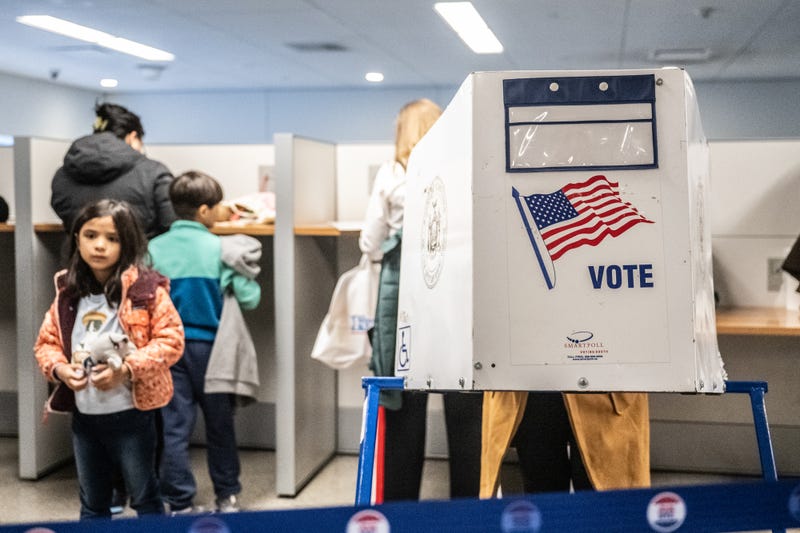
Governor Lamont and state Democratic Chairman Roberto Alves say their candidates’ focus on kitchen table issues like affordability, food security, and health insurance produced their party’s sweeping statewide wins on Election Day.
Two incoming mayors from either side of the Housatonic River were among the 26 who flipped mayor’s/first selectman’s offices from Republican control. They agree with the governor and the chairman, saying “retail politics” won the day.
Rich Smith of Milford and Dr. David Chess of neighboring Stratford say they each knocked on about five thousand doors this year, winning their races by similar margins (Smith took 55.3% of the vote, beating incumbent Tony Giannattasio’s 44.7%, and Chess won 55%, beating incumbent Laura Hoydick’s 45%).
“I got to meet so many people on their front porches,” says Smith, “and talk to them about the issues that worry them, that keep them awake at night, and their vision for Milford. So, I think that made a difference.”
Smith also held dozens of “community conversations” in living rooms across the city, saying, “I got to tell my story, and I think people knew that I was sincere and that my passion for the job was authentic.”
Smith wouldn’t assess how much popular opposition to President Donald Trump impacted his win, saying he steered his campaign away from national politics:
“We made this about Milford,” says Smith. “We made this about people’s front porches and living rooms. We made this about people’s taxes. We made it about overdevelopment and the character of our city.”
Chess says a “subset” of residents he met voiced their need to “thwart” Trump’s efforts, but Stratford voters appreciated his specific plans to spark the town’s business development, including his intention to repurpose the vacant, 76-acre waterside site of the former Army Engine Plant into a “destination” with a “marina, hotel, park, boardwalk, bicycle path, housing and a museum.”
“I came at this with a vision for what Stratford can be,” says Chess, “and a real plan in terms of how we can execute on that vision. And, people loved it, and people wanted a new version of Stratford.”
“I also think that having a message of change, a message that you’re listening and that you’re going to be available, and that you’re going to be responsive is incredibly important.”
Chess believes his active engagement drove voter turnout, saying, “People don’t want to come out if they don’t know-- ‘Why?’-- if they don’t know what’s in it for them, if they don’t feel it matters.”
He plans to build upon that engagement during his upcoming term by establishing ten informal, open “community councils” reporting neighborhood needs to the Stratford Town Council.
“Rather than everything being top-down, we’ll have bottom-up. We’ll have people saying what they want in their community, what kind of development they want on different parcels, what do they want their parks to look like, what do their kids need?”
“It’ll be a method to engage people and to be more relevant, and really, that’s what democracy was supposed to be about.”
